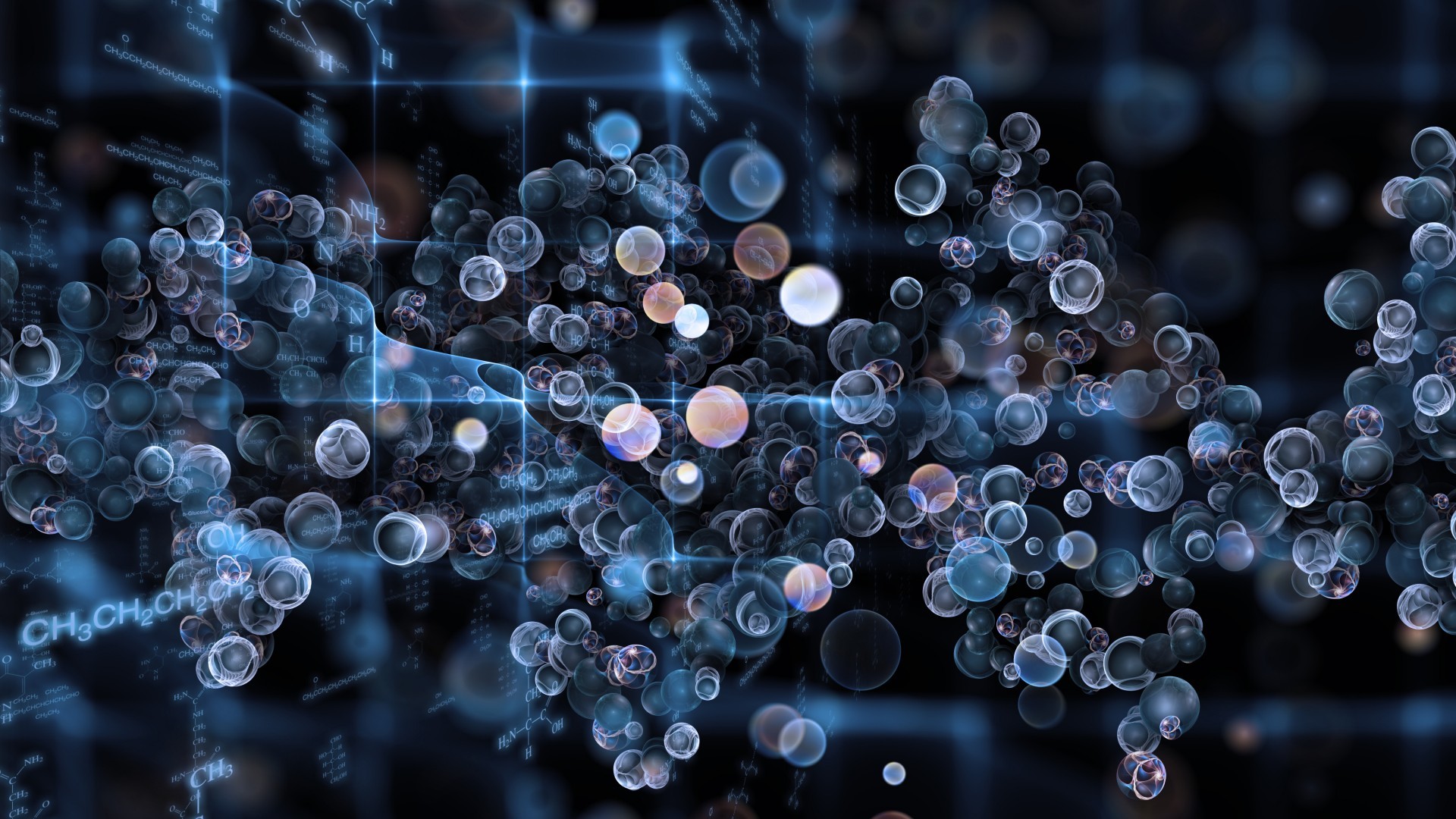Finding journal articles and more
Journal articles
The easiest way to find journal articles is to type a few keywords for your topic in LibrarySearch. If you have a specific journal article you are looking for you can use Google Scholar.
To check if the Library has access to a particular e-journal title, or to browse journals, use BrowZine.
You may also want to look for other types of information or search through a large index of articles, books, and conference papers. We have access to many different e-resources to do this.
Databases for Chemistry and Forensic sciences
- Cambridge Structural Database (CSDS) comprehensive and up-to-date database of crystal structures provided by the Cambridge Crystallographic Data Centre (CCDS).
- SciFinder -database for chemical literature with access to substances, reactions and references in chemistry and related sciences. To use you first need to register using your @kent.ac.uk email address. Online training materials are available to help you.
- Lexis®Library – wide range of UK case materials, consolidated legislation, journals, commentary (including Halsbury’s Laws)
- Westlaw – access to cases, legislation, journals, books online, news and EU / international materials
General databases
- Web of Science – large database providing full text and abstracts (article summaries) for peer-reviewed literature.
- Scopus – multi-disciplinary database providing full text and abstracts (article summaries) for peer-reviewed literature.
- Scopus AI – is a new feature included in Scopus, providing a new way and more intuitive of searching the Scopus database. Further help, including use of different features, is available on the Scopus LibGuide: Scopus AI
Check out our digital resources directory to find others that might be useful to your studies.
